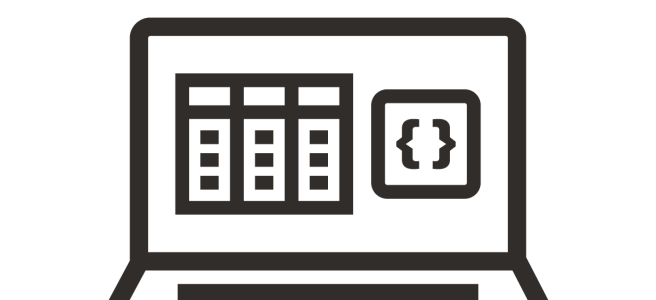GitHub Actions is a platform that automates the build, test and deployment pipeline of your GitHub projects. Since its introduction, GitHub Actions has been steadily gaining popularity among developers. Not only do GitHub Actions help automate the test and integration cycles, but it can also drastically shorten them, accelerating developer feedback as part of the process.
Continue reading “How to Use Databases Inside GitHub Actions”1 billion row challenge in SQL and Oracle Database
On the 1st of January 2024, Gunnar Morling launched The One Billion Row Challenge, fitting for a great start to the new year. As the challenge states:
Your mission, should you decide to accept it, is deceptively simple: write a Java program for retrieving temperature measurement values from a text file and calculating the min, mean, and max temperature per weather station. There’s just one caveat: the file has 1,000,000,000 rows!
Not surprisingly, the challenge has become widely popular on the internet and spilled over to other languages and technologies, including Go, Python, Rust, .NET, C, and, to no surprise SQL as well, given that SQL does well when it comes to aggregations.
Continue reading “1 billion row challenge in SQL and Oracle Database”Introducing Oracle Database 23c Free
Oracle Database 23c Free, a free offering of the industry-leading Oracle Database that enterprises rely on every day, is now generally available.
Oracle Database 23c Free is packaged for ease of use and a full-featured experience, making it the perfect entry-level database for anyone who wants to Develop, Learn, and Run an Oracle Database for Free. It is available straight from the web, with no user account or license click-through requirements, enabling simple and fast access to the world’s only converged database that supports all data models and workload types. It can be downloaded as a standalone file, Container image, or VirtualBox appliance.
Oracle Database Free is the successor of Oracle Database Express Edition (XE). It is released under the same Free Use Terms and Conditions, resource limits, and community support as its predecessor. Users of Oracle Database Express Edition are advised to upgrade to Oracle Database 23c Free now to take advantage of the latest and greatest features of Oracle Database.
The built-in upward compatibility with Oracle Database Enterprise Edition and Oracle Database cloud services ensures that users of Oracle Database Free can move to any other Oracle Database offering anytime.
Users of Oracle Database 23c Free – Developer Release, the developer-exclusive, first release of Oracle Database 23c, are advised to upgrade to Oracle Database 23c Free. Oracle Database 23c Free – Developer Release is no longer available for download.
For more information about Oracle Database Free, see https://oracle.com/database/free.
This blog post was originally published at https://blogs.oracle.com/database/database-23c-free-ga
Introducing the Oracle Database Error Help Portal
In a continuous effort to increase user productivity, we are pleased to introduce the new Error Help Portal for Oracle Database, which will help users gain faster and improved insights into Oracle Database errors.
You can easily access the new portal via https://docs.oracle.com/error-help/db/ and the Oracle Database Documentation landing page:

JSON and Relational Tables: How to Get the Best of Both
JSON and relational tables are both popular and extremely useful, and they have their own distinct approaches to organizing data in an application. In this follow-up to a popular article by my colleague, Chris Saxon, on managing JSON files using SQL, I’d like to discuss a major development that helps developers work with both relational tables and JavaScript Object Notation (JSON) documents, without the tradeoffs of either model.
Continue reading “JSON and Relational Tables: How to Get the Best of Both”



